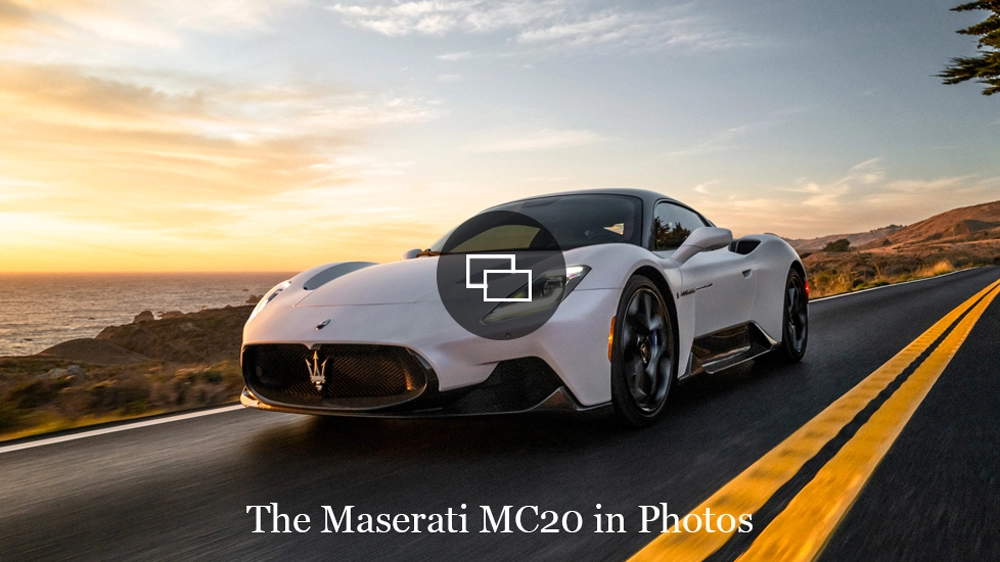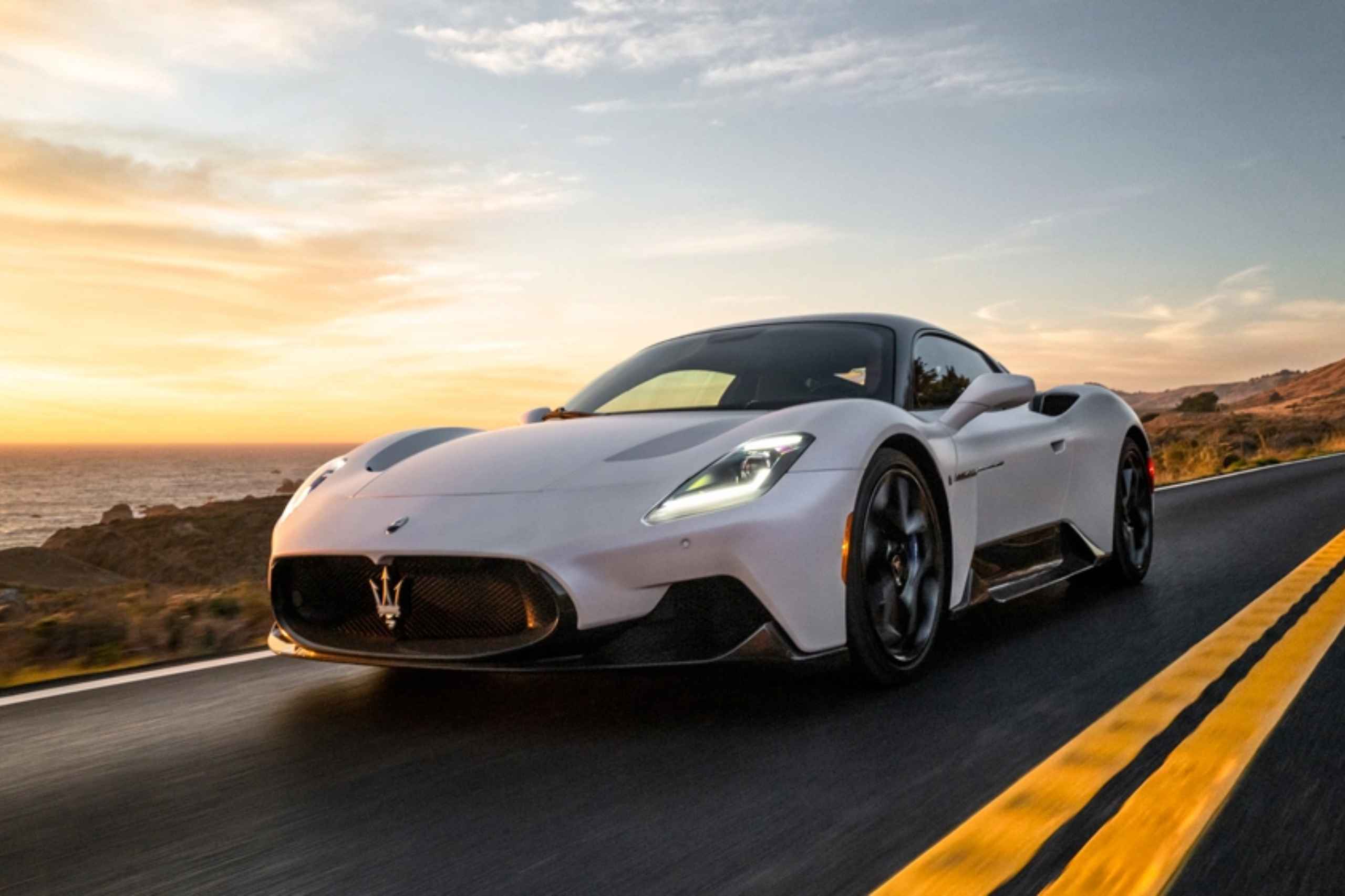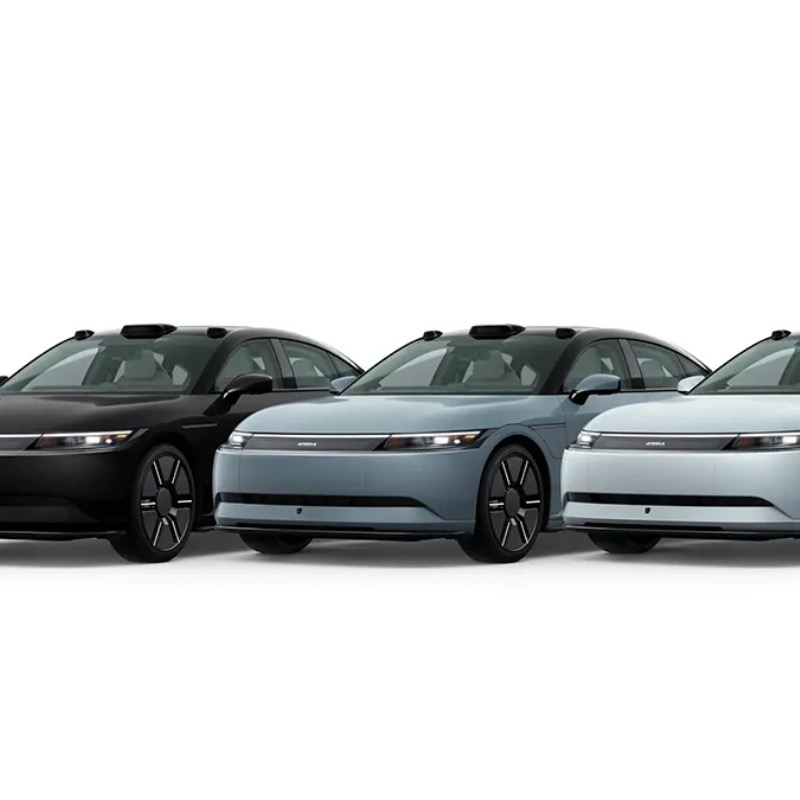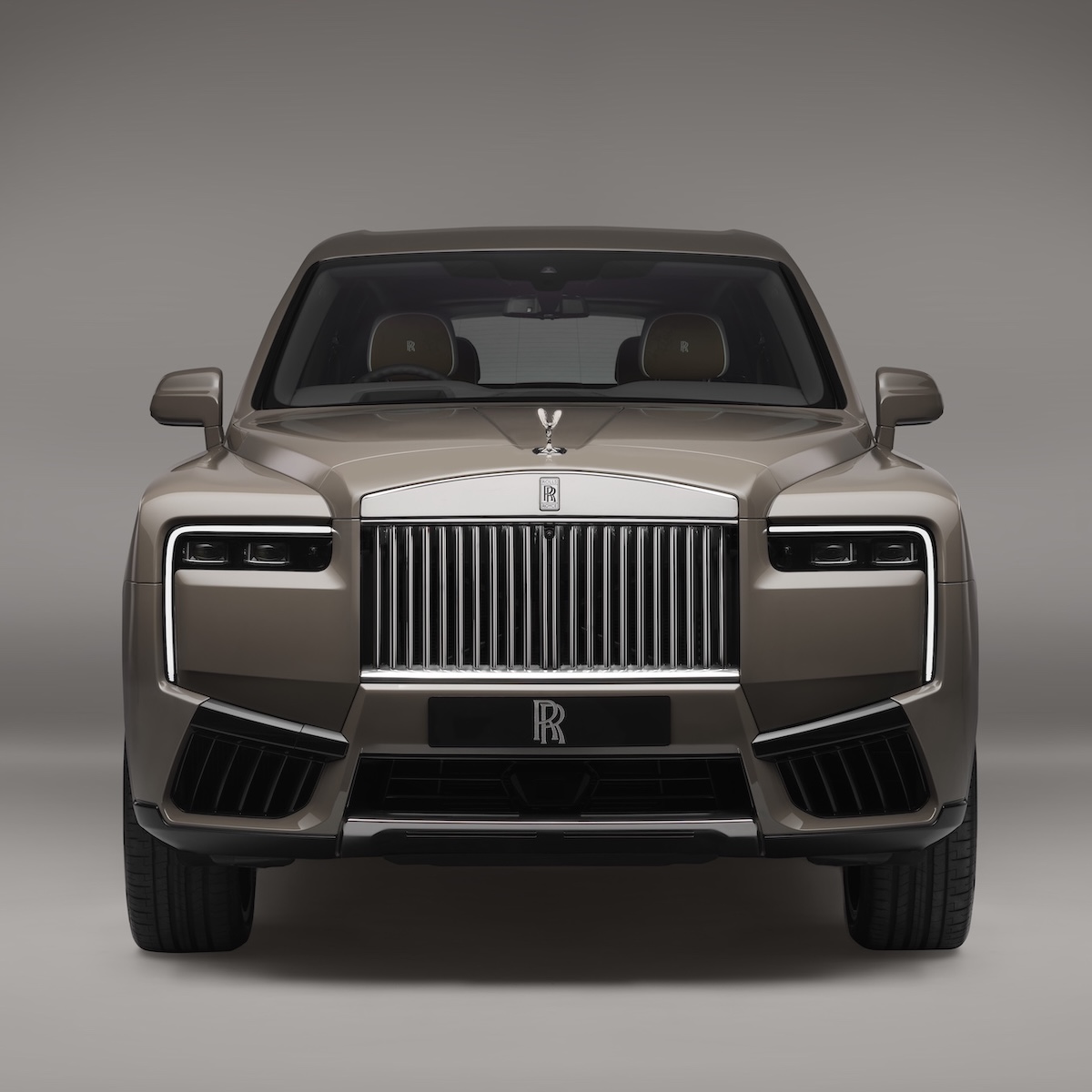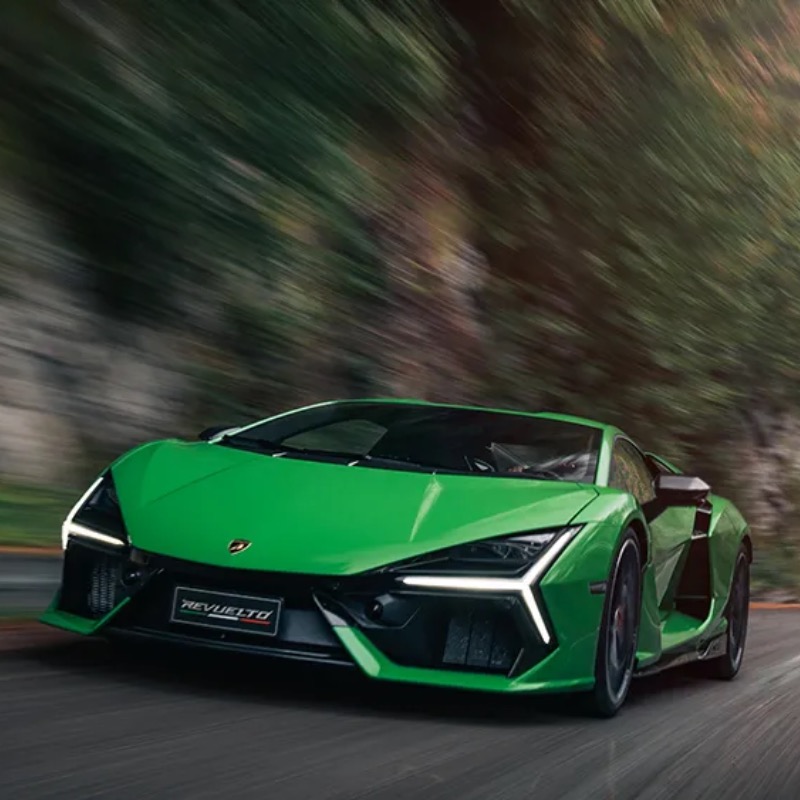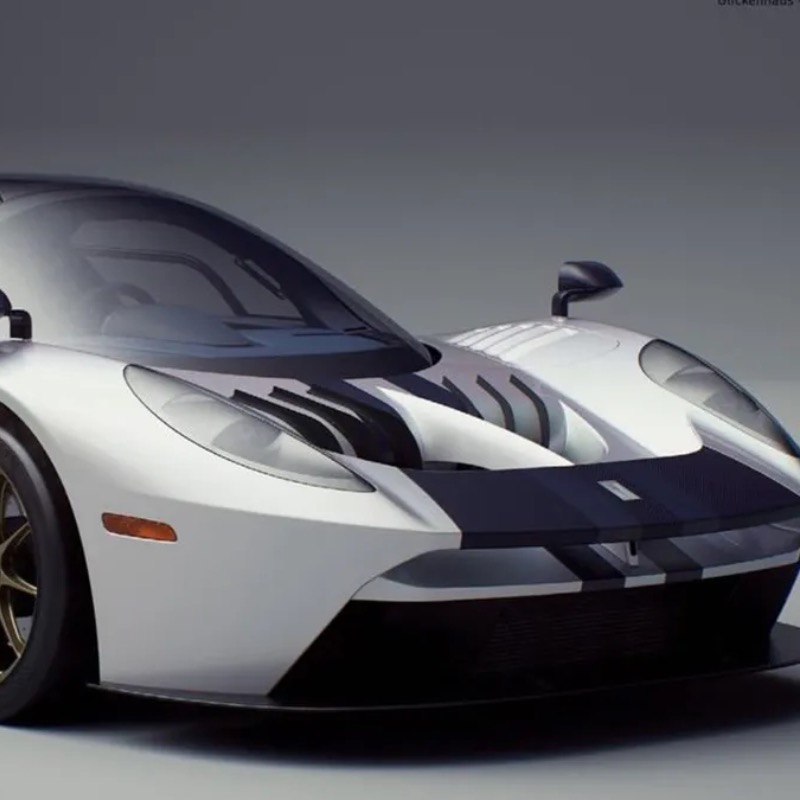Not all model debuts are created equal. Some present next-gen versions of a longstanding line while others basically introduce newly branded packaging cobbled from existing platforms. Occasionally, though, a new vehicle is revealed that is far more than the sum of its parts; one that not only carries the legacy of the marque but, more importantly, could determine its very viability down the road. The most recent example of this is the unveiling of the 621 hp Maserati MC20. The car, crucial to the automaker, was the Robb Report editorial team’s unanimous vote for our 2023 Car of the Year (COTY), although ballot results from the field of reader-judges ultimately placed it third overall.
The Maserati name once eclipsed that of its neighbor Ferrari due to a longer history as a high-performance automaker and early motorsport powerhouse. From 1937 through 1940 alone, Maserati garnered back-to-back wins at the Indianapolis 500 and four first-place finishes at the Targa Florio—seven years before the first Ferrari-badged car came to fruition. Then, in the 1950s, famed drivers such as Stirling Moss and Juan Manuel Fangio piloted the trident logo to further glory, the latter winning the Formula 1 World Championship with a Maserati 250F in 1957.
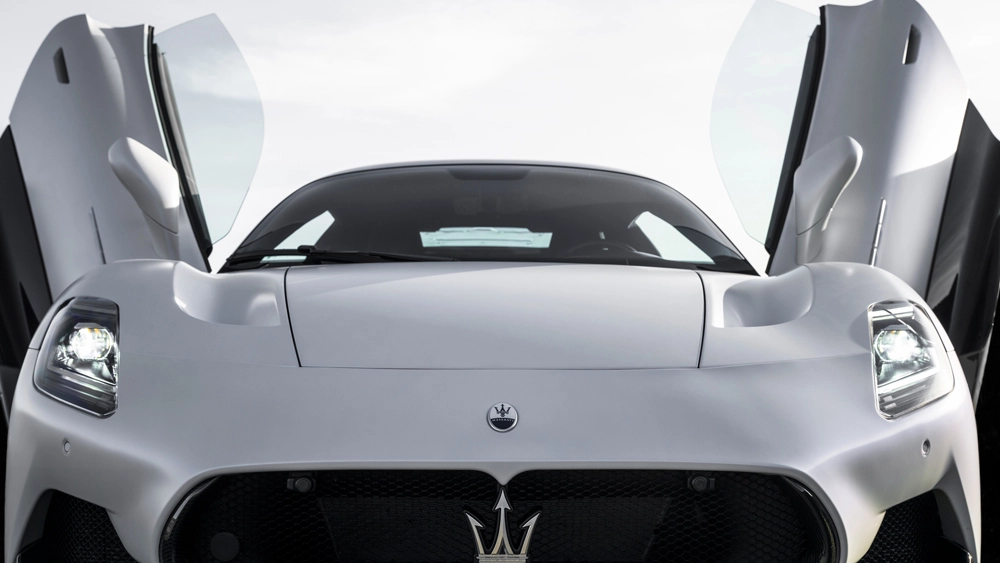
Subsequent decades, though, saw a dilution of the brand, as it was first sold to Peugeot in 1968, followed by the Fiat Group—which also owned Ferrari—in the 1990s. With the new millennium came a new production push. But greater volume is diametric to exclusivity, and as the price points inevitably lowered, so did the level of prestige. Among the exceptions was the primarily motorsport-developed MC12 racer introduced in 2004, the most closely related predecessor to the MC20, but of which only a scant number of street-legal versions were made. This brief backstory puts in context how much was riding on the MC20 supercar when it was first unveiled in 2020, just months prior to the Covid pandemic that dominated the world stage for the next two years.
“The MC20 is the first car of the new generation—a new generation in terms of propulsion, a new generation in terms of process and a new generation in terms of approach.” That was how Federico Landini, the vehicle line executive for sport vehicles at Maserati, explained the importance of the model in a conversation with Robb Report after we originally experienced the car first-hand in Modena, Italy. And it was easy to be immediately smitten by its versatile prowess.
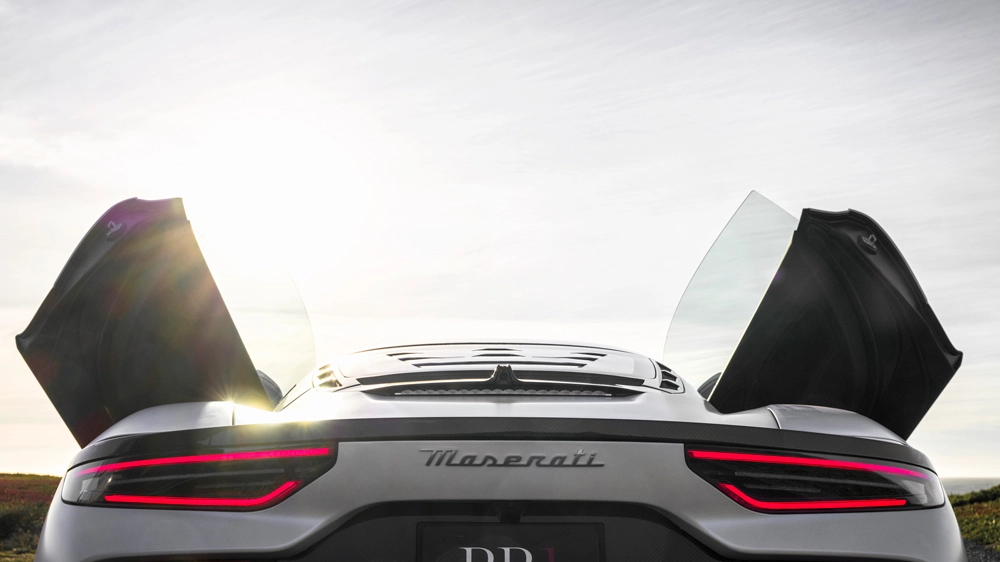
Brawn is provided by the Nettuno 3.0-liter, twin-turbo V-6, an engine built in-house by Maserati that premiered on the MC20. Generating 538 ft lbs of torque, the mill also features an F1-derived twin-spark-plug, pre-chamber combustion system for greater efficiency, and output is managed through an eight-speed dual-clutch transmission that allows the vehicle to cover zero to 62 mph in approximately 2.9 seconds before topping out at 202 mph. As the MC20’s muscle flexes, there is nominal lag, though the staccato bursts from the turbochargers’ air management could be unsettling to some.
As for handling, the 3,306-pound (curb weight) coupe—built on a carbon-fiber monocoque chassis—dove in and out of apexes with aplomb at Autodromo di Modena’s 1.24-mile circuit, thanks to decisive and immediate response from the steering, which Landini described as having a “feel that is always linear, super smooth and super precise.” Though he may be a bit biased, we found his assessment spot on.
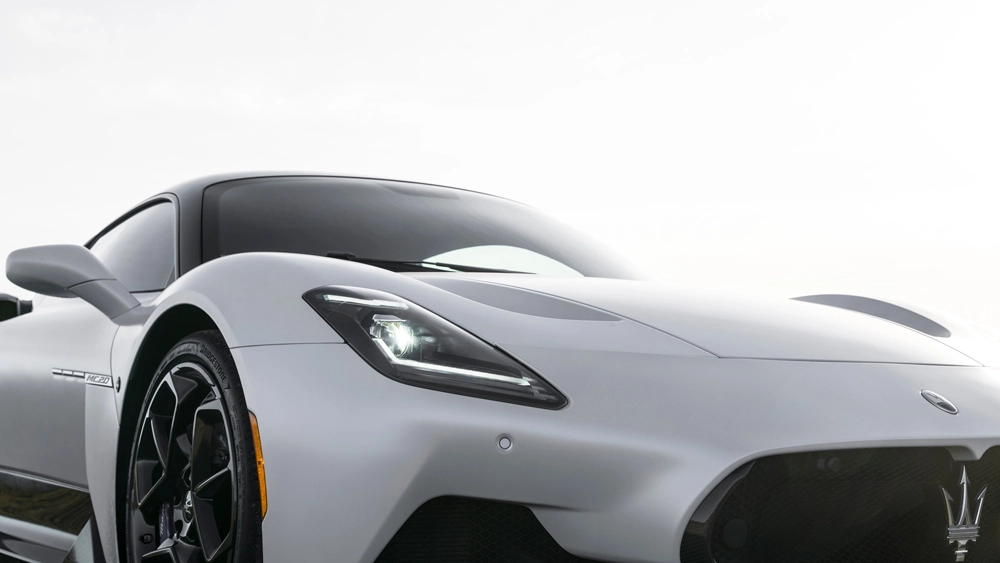
Those steering inputs are translated seamlessly to the Bridgestone Potenza Sport rubber and regulated by Brembo carbon-ceramic brakes (six-piston calipers in front and four-piston calipers in back). The deft automotive choreography served equally well on the narrow byways and coiling roads of the surrounding countryside, though the MC20 took on a more genteel persona, as the performance-focused suspension presented surprising refinement. And inside the Alcantara-clad cockpit, a 695-watt, 12-speaker sound system from Italy’s own Sonus Faber amplifies the overall haute aesthetic.
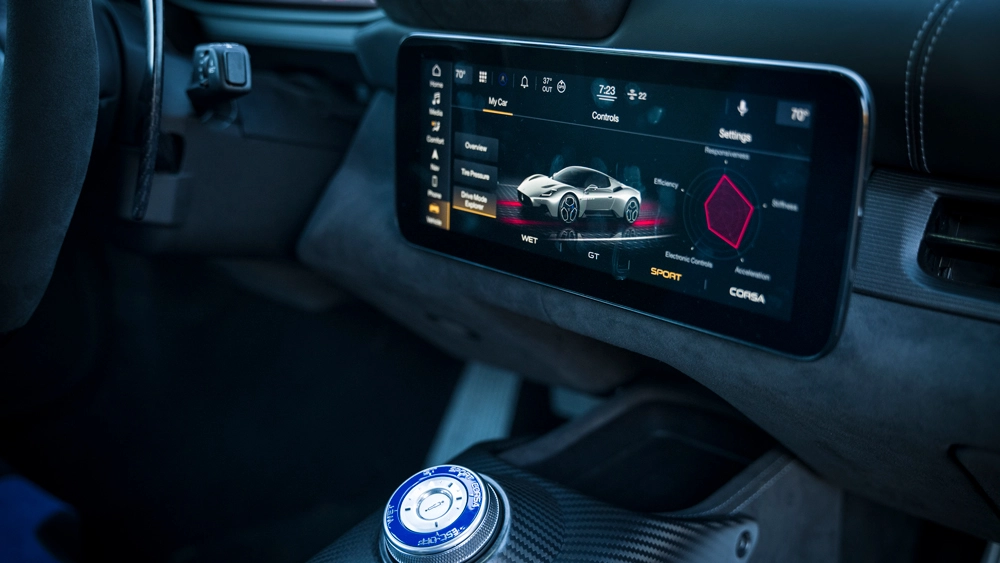
The net result is a US$212,000 (HK$1,661,640) base model that competes with the 671 hp McLaren Artura in price and performance, and can even draw some comparisons to the 819 hp Ferrari 296 GTB, which outperforms it but carries a starting cost that’s over US$110,000 (HK$860,590) more than the Maserati. We would have loved a showdown with all three, especially as the latter two are hybrids powered by both a V-6 and electrification, but neither were available for the duration of our judging period.
That timeframe comprised eight waves of evaluations in total, with testing on wine-country roads in Napa Valley, Calif., and specific drills on a segmented circuit at the Concours Club in Opa-locka, Fla. After putting the car through its paces on such disparate proving grounds, Robb Report’s three editorial team members came away convinced that, with the MC20, Maserati had delivered in the clutch.
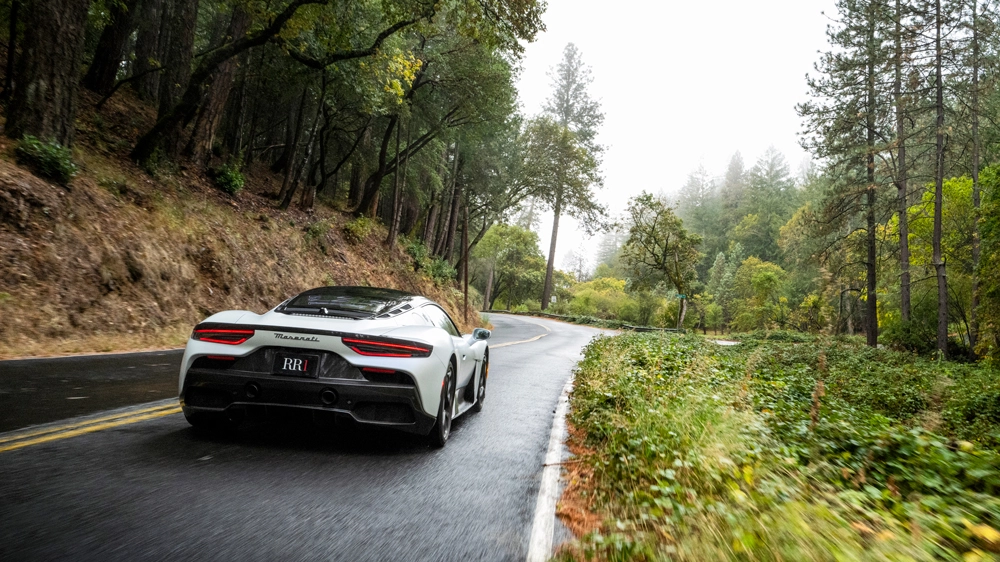
Although the remainder of judges were more mixed in their opinions, the general consensus seemed to confirm that the MC20 is indeed the vehicle by which Maserati can best restore its storied name. “The fact that Maserati finally made another proper supercar is something to be celebrated,” stated COTY judge Hugi Hilmisson. Believe us, Hugi, we hear you.
Click here for more photos of the Maserati MC20, third-place finisher in Robb Report’s 2023 Car of the Year.
